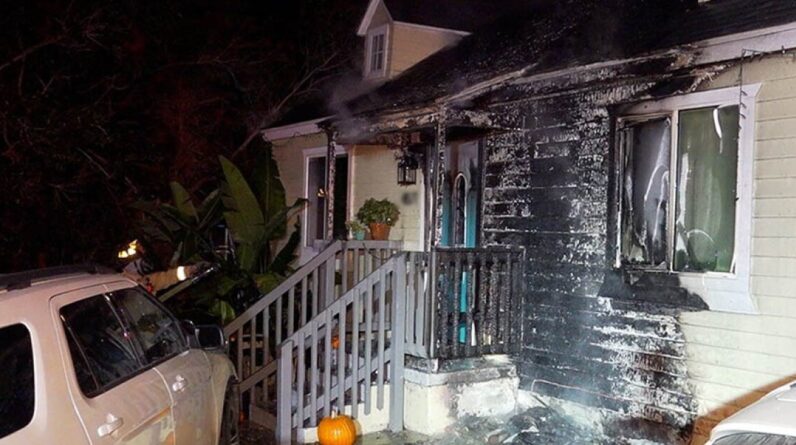
San Diego is not immune to the political harassment, threats and violent rhetoric that have become commonplace across the United States, according to a new survey of local elected officials.
Seventy-five percent of local officials say they have received political threats, according to preliminary survey results. The survey also found that 82% percent of women in the position said they felt threatened, compared to 66% of men.
Threatening messages to local politicians came via email, social media and other media. Many straddled the line between wishing someone harm and threatening to do so, said Mesa College political science professor Carl Luna, who led the survey.
“You have a lot of ‘I wish you were dead,'” Luna said. “You’re not going to get a lot of ‘I’m going to kill you.’ Unless and until they say, ‘I’m going to kill you,’ it’s not criminal.”
The survey was conducted by the University of San Diego’s Laboratory of Violence, Inequality and Power of the Joan B. Kroc Institute for Peace and Justice. It has been done in collaboration with the Institute of Civic Participation.
Thad Kousser, a professor of political science at UC San Diego, said the results reflected a troubling trend that is consistent with the rest of the country.
“These findings are terribly shocking, but not surprising, given where we are in American politics,” said Kousser, who was not involved in the survey. “We have seen a resurgence of violence.”
He said the threats echoed other eras in American history.
“This is a country that has seen many assassinations of its top leaders,” Kousser said. “This is a country that routinely saw a great deal of political violence against black voters in the South after the Civil War.”
While threats to politicians are not new, 66% of survey respondents reported that intimidation has increased since they began public service. The phenomenon follows the country’s highly charged political divisions during the 2020 presidential election, guns, abortion, race and LGBTQ rights.
In some cases, fragmentation has turned into a resurgence of political violence. There is the January 6, 2021 attack on the United States Capitol. Last October, a man assaulted Paul Pelosi, the husband of former Speaker of the House Nancy Pelosi, sent him to the ICU. The following month, a failed Republican candidate was arrested for shooting up the homes of four Democratic lawmakers in New Mexico.
In January 2022, the City Heights home of former San Diego County Supervisor Nathan Fletcher and his wife, former Assemblywoman Lorena Gonzales, was damaged in an arson fire.
The Department of Homeland Security has issued warnings about violent extremism. Investigations into domestic terrorism, defined in part as criminal acts dangerous to human life within the United States designed to affect government conduct, have doubled since 2020, according to the FBI.
“The really disturbing thing we get from our polling data is that a lot of good people don’t want to be in politics anymore,” Luna said. “Why subject yourself and your family?”
Kousser said people in public office already have to sacrifice their privacy
“But it’s never been part of the business that you also have to put your safety and the people you love at risk,” he said. “If we enter this era, where there are more and more acts of violence and some of the people we want to serve are getting away with it, the quality of our politicians will decline.”
The poll’s organizers have scheduled three private meetings over the next few weeks with civil libertarians, local political parties and law enforcement to develop ideas on how to foster more civil public engagement. The results of the survey will be released to the public in June.
[ad_2]
Source link





